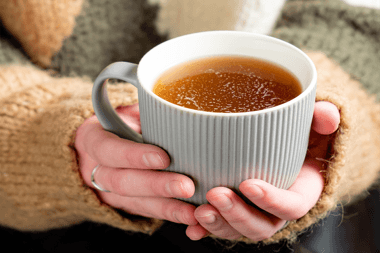For many people, lowering their blood pressure is a key step to heart health. Small changes in the foods you eat can yield big results. Increase your intake of cold-water fish containing heart-healthy omega-3 fatty acids, and eat more potassium-rich fruits for starters.
Six million Canadians have high blood pressure, with another one in five Canadians at risk for developing high blood pressure. Even those with high-normal blood pressure (130 to 139 mmHg systolic or 85 to 89 mmHg diastolic) are twice as likely to develop heart disease compared to those with normal readings (less than 120/80 mmHg). Most of us know that exercise, along with weight and stress management, can help us control blood pressure. The following natural techniques can also help lower blood pressure. Speak with your health care practitioner to determine which approach is best for you.
Up the omega-3 fatty acids

A 2015 study found that participants with hypertension who ingested 30 g of ground flaxseed daily for six months experienced an average blood pressure reduction of 15 mmHg systolic and 7 mmHg diastolic. Flaxseed is a good source of fibre—which in itself can help regulate blood pressure—and of omega-3 fatty acids.
Melinda Edmonds, RD, says including fatty coldwater fish (such as salmon, mackerel, herring, and lake trout) in your diet at least twice a week is another way to get omega-3 fatty acids, which are thought to help lower blood pressure by reducing inflammation.
Blood pressure 101
The upper number (systolic reading) measures the pressure in your arteries when your heart contracts. The bottom number (diastolic reading) measures the pressure in your arteries between heartbeats.




